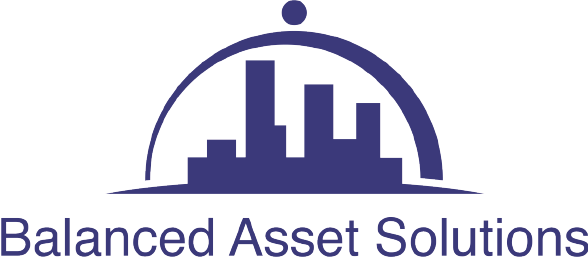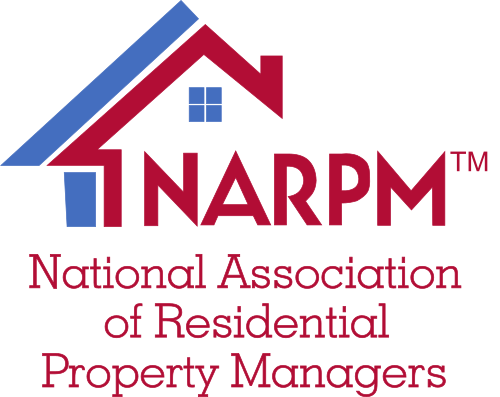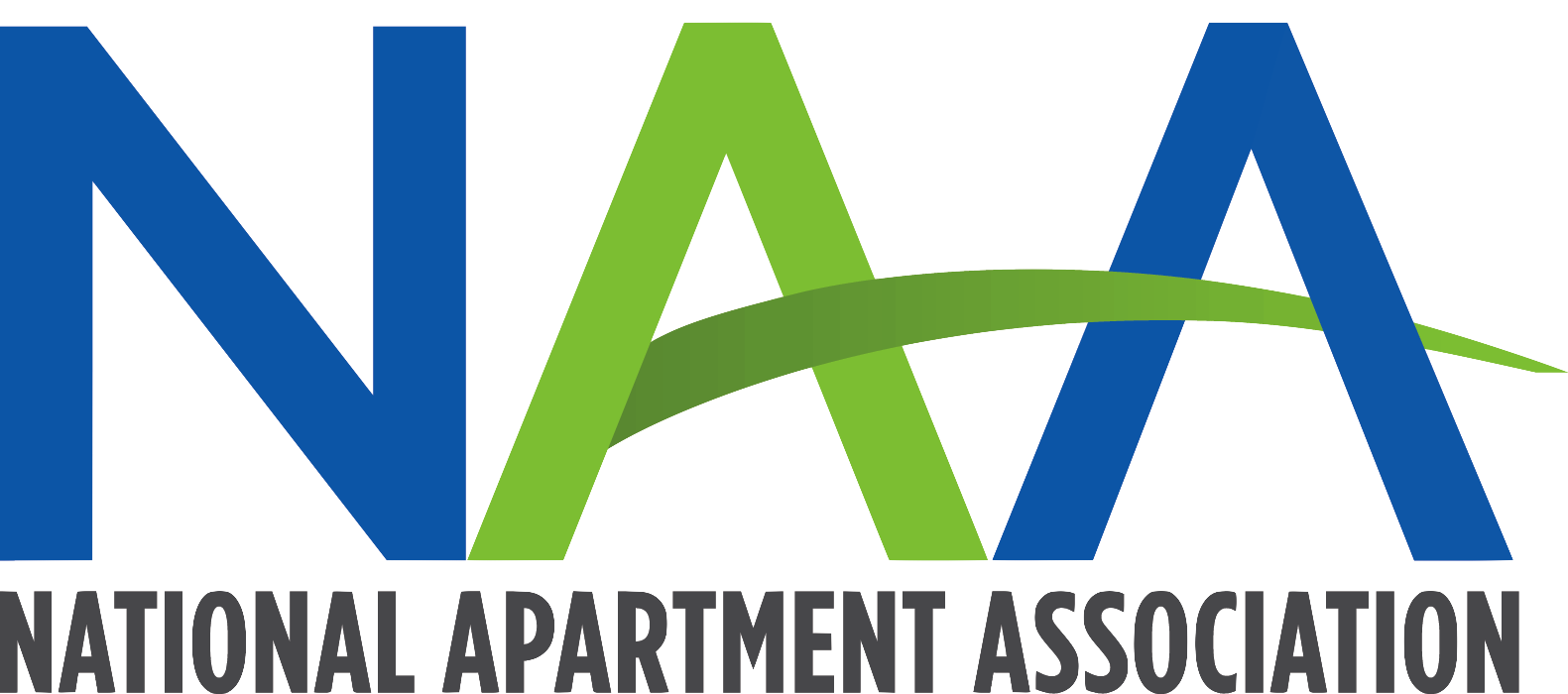The financial landscape of commercial real estate demands not only accounting know-how but also a keen understanding of the unique challenges faced by property managers and owners. Sound accounting practices are essential to drive profitability, ensure compliance, and make informed investment decisions in this dynamic industry.
What is Commercial Real Estate Accounting?
Commercial real estate accounting goes beyond mere bookkeeping. It encompasses the intricate world of property operations, financial management, and regulatory adherence. Here at Real Estate Accounting (REA), we’ve witnessed firsthand how mastering these aspects significantly bolsters the success of property management businesses.
- Systematic Tracking and Analysis: It involves the methodical recording, analyzing, and reporting of financial transactions related to commercial properties, including tenant revenue, operating expenses, capital expenditures, and maintaining accurate financial records. It extends beyond to strategic financial planning, essential for long-term asset growth.
- Distinctive Aspects:
- Lease Accounting: Managing diverse lease agreements, recognizing lease income, and understanding various lease terms are all vital.
- Operating Costs & CAM Reconciliation: Allocating and reconciling common area maintenance (CAM) charges and other operating expenses are unique to this field.
- Capitalization & Depreciation: Understanding capitalization policies, accounting for property improvements, and calculating depreciation are essential for accurate financial reporting.
- Regulatory Compliance: Adhering to industry-specific regulations, such as FASB standards and IRS guidelines, is paramount.
Importance of Specialized Knowledge:
The complexities of commercial real estate transactions necessitate specialized accounting knowledge. Understanding the nuances of this sector is essential for maintaining accurate financial records, ensuring compliance, and making informed business decisions. This is where Real Estate Accounting.co (REA) steps in. We offer expert accounting solutions tailored to the specific needs of commercial real estate property managers and owners.
Essential Accounting Principles for Commercial Real Estate
Adhering to fundamental accounting principles is the cornerstone of maintaining the financial health of any property management operation. For commercial real estate professionals, a solid grasp of these principles is even more critical.
- GAAP Adherence: Generally Accepted Accounting Principles (GAAP) are essential for uniformity and consistency in commercial real estate financial reporting. This includes recognizing revenue, recording expenses, and valuing assets and liabilities.
- Accrual vs. Cash Accounting: While some smaller entities may use cash accounting, accrual accounting is more prevalent in commercial real estate. Accrual accounting records transactions when they are incurred, not when cash is exchanged, providing a more accurate picture of financial health.
- Accurate Financial Reporting:
- Transparency and Reliability: Accurate financial reporting is not just a legal requirement but also a cornerstone of investor trust and business credibility.
- Regular Audits & Reviews: Regular audits and financial reviews ensure compliance and help identify areas for improvement.
- Understanding and Implementing Lease Accounting Standards
- Lease Classification: Understanding how to classify leases (operating vs. finance) under the new FASB standards is crucial.
- Lease Modifications & Impairment Testing: Staying updated with lease term changes and testing for impairment are essential practices.
- Asset and Liability Management
- Property Valuation: Regularly assessing property values for accuracy in financial statements.
- Loan Covenant Compliance: Ensuring compliance with loan covenants to maintain financial stability and avoid defaults.
- The Role of Technology in Accounting
- Automation and Software Solutions: Leveraging technology like Yardi, AppFolio, Entrata, or other property management software solutions is essential for improving efficiency in bookkeeping and reporting. These solutions automate routine tasks, reducing errors and freeing up time for strategic activities.
- Data Analytics and Business Intelligence (BI): Data analytics empowers data-driven decision making and strategy development. Here are some ways top commercial property management companies leverage analytics:
- Enhanced Financial Insights: Data analytics and BI tools extract meaningful insights from large volumes of financial data, including trends in revenue generation, cost patterns, and investment returns.
- Predictive Analysis and Forecasting: By leveraging predictive analytics, property managers and owners can anticipate future market trends, tenant behaviors, and cash flow scenarios.
- Performance Benchmarking: Data analytics allows for benchmarking against industry standards and competitors, identifying areas for improvement and ensuring a competitive edge.
- Customized Reporting and Visualization: BI tools offer customizable reporting and data visualization options, transforming complex data sets into user-friendly dashboards and reports for stakeholders to understand financial health and operational performance.
- Operational Efficiency and Cost Management: Data analytics can identify inefficiencies and cost-saving opportunities in property management operations.
- Tenant and Market Analysis: Understanding tenant demographics and market trends is crucial for successful property management. Analytics tools provide insights into tenant preferences, lease term effectiveness, and market demand, aiding in strategic leasing and marketing decisions.
- Integration with Accounting Systems: Integrating




